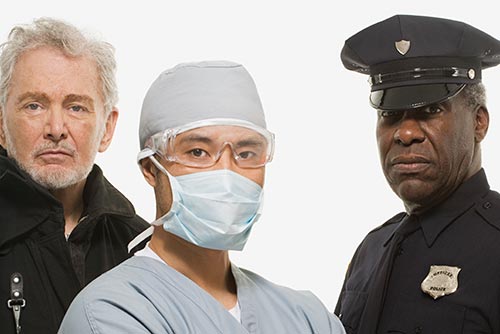When resources such as on-site gyms, childcare, time off for medical appointments, and wellness incentives are provided, first responders are more likely to prioritize their health. But the stigma associated with acknowledging or seeking help for a mental health or substance use problem remains a significant barrier to treatment within a first responder culture that promotes self-sufficiency.
It’s important to understand that mental health and substance use disorders, like other medical conditions, have both biological and environmental causes and can significantly impair physical health and overall functioning when they go untreated. There are good treatments available from providers who are trained to help first responders address job-stress, PTSD, substance use, marital problems, and other mental health symptoms in a supportive and confidential setting. The first step is to reach out to a trusted friend, family member or professional and ask for help. There is a highly trained and dedicated network of support for first responders in Central Massachusetts including Worcester, Holden, and Shrewsbury that is ready to respond.

